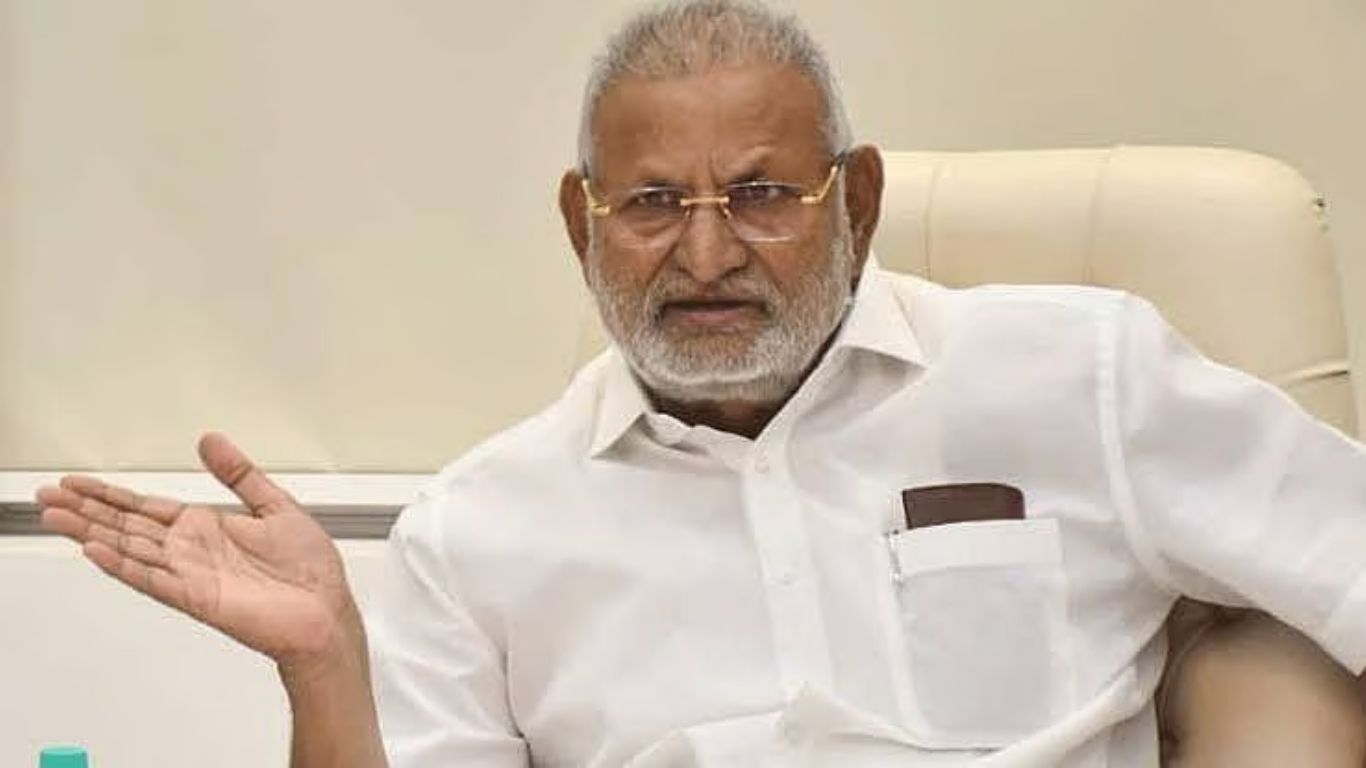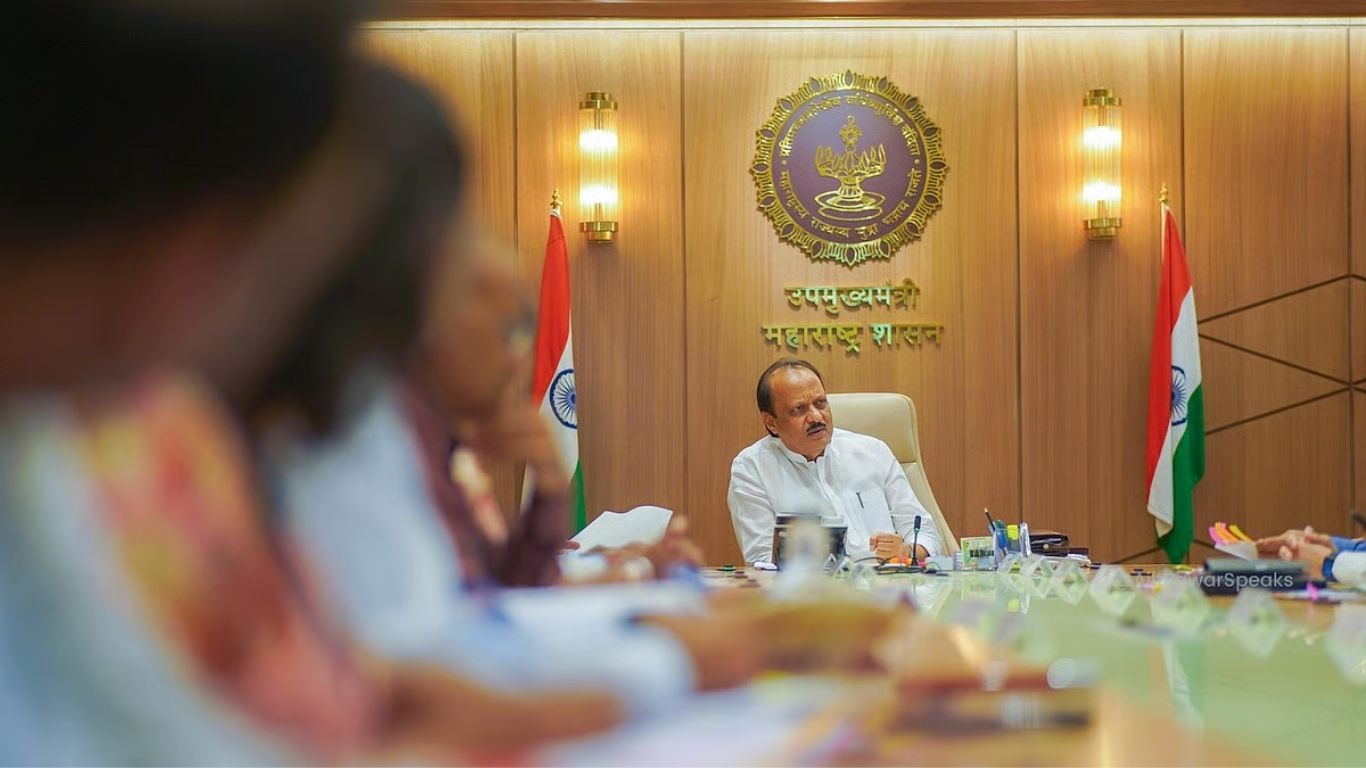Agriculture Minister Manikrao Kokate revealed crop insurance companies earned ₹10,000 crore in 3 years. A revised scheme is now in place with lower farmer premiums and stricter rules to ensure transparency.
Mumbai | July 16, 2025: Agriculture Minister Manikrao Kokate informed the Maharashtra Legislative Council that private insurance companies have earned a staggering ₹10,000 crore from the farmers’ crop insurance scheme in the past two to three years. This is the first time such figures have been officially placed on record in the legislature, amid growing concerns and allegations of large-scale scams raised by both ruling and opposition MLAs.
Responding to questions by MLCs Ranjitsinh Mohite-Patil and Sadabhau Khot, Kokate stated that the previous crop insurance scheme had several irregularities and loopholes. As a result, the state government has now introduced a revised version of the scheme to bring in more accountability and transparency.
The crop insurance scheme, launched nationwide in 2016, has been discontinued by several states including Bihar, West Bengal, Gujarat, Jharkhand, Andhra Pradesh, Telangana, and Jammu & Kashmir. Some states, like Jharkhand, have reintroduced the scheme at a nominal premium of ₹1, but actual compensation to farmers remains negligible.
In Maharashtra, 50% of the earlier compensation triggers were based solely on crop-cutting experiments, while the rest were activated under NDRF and SDRF disaster mechanisms. However, it was found that several insurance companies and Common Service Centres (CSCs) were involved in fraudulent practices. Minister Kokate revealed that despite farmers’ losses, companies profited immensely—earning ₹10,000 crore over a few years.
He raised a critical question in the House: “If the government is handing over such huge sums to insurance firms, why not directly invest that money in strengthening farmers’ capital and infrastructure?” Supporting this thought, Kokate emphasized the importance of the revamped scheme.
Under the new model, farmers will pay nominal premiums—2% for Kharif crops, 1.5% for Rabi, and 5% for commercial crops. The remaining premium burden will be borne by the state government. Instead of replacing insurance companies, the government has decided to tighten rules, ensure strict enforcement, and establish a transparent trigger system. However, he clarified that the current trigger mechanism itself will remain unchanged.
Follow us On Our Social media Handles :
Also Read Pune’s Latest Updates



